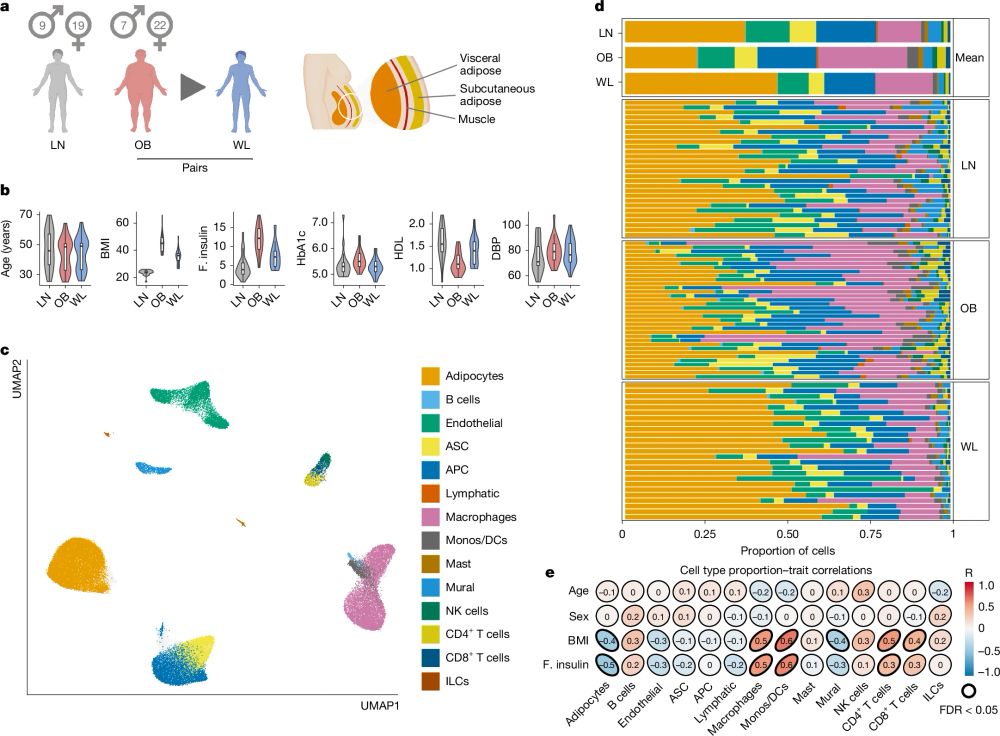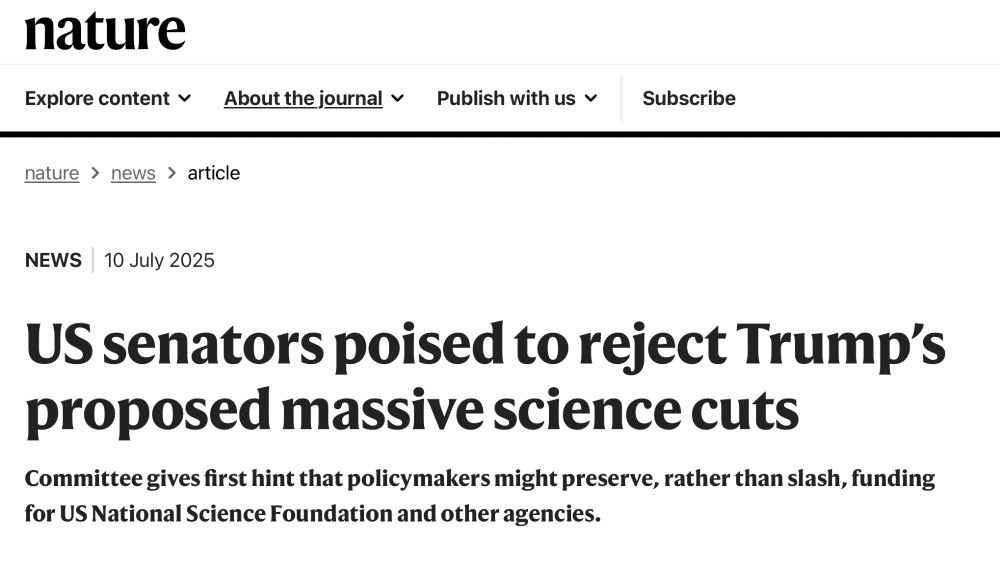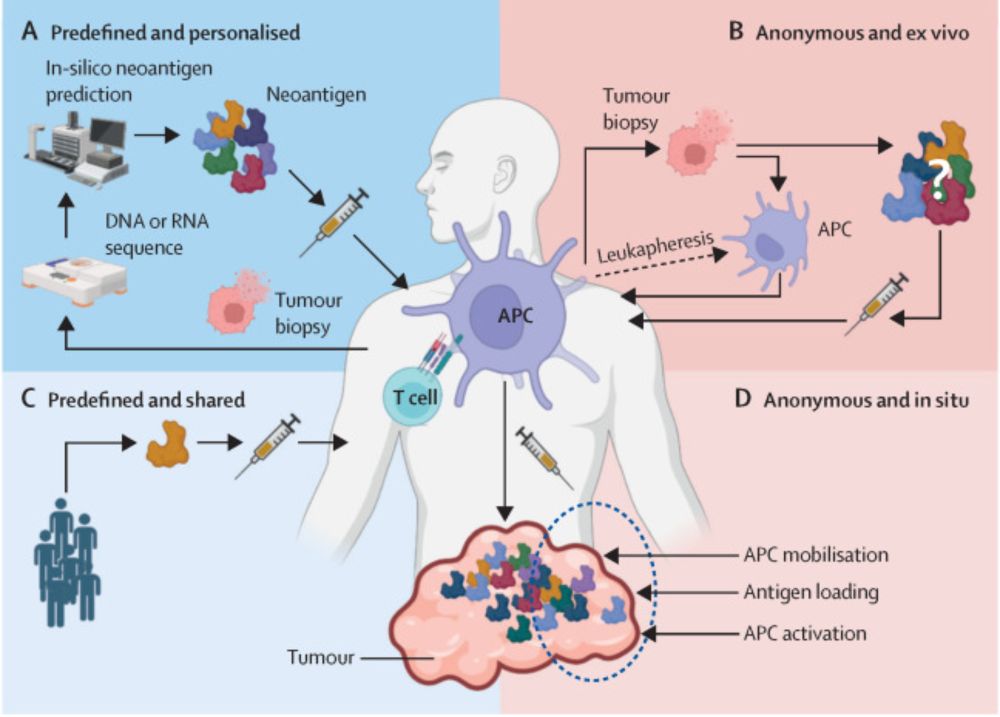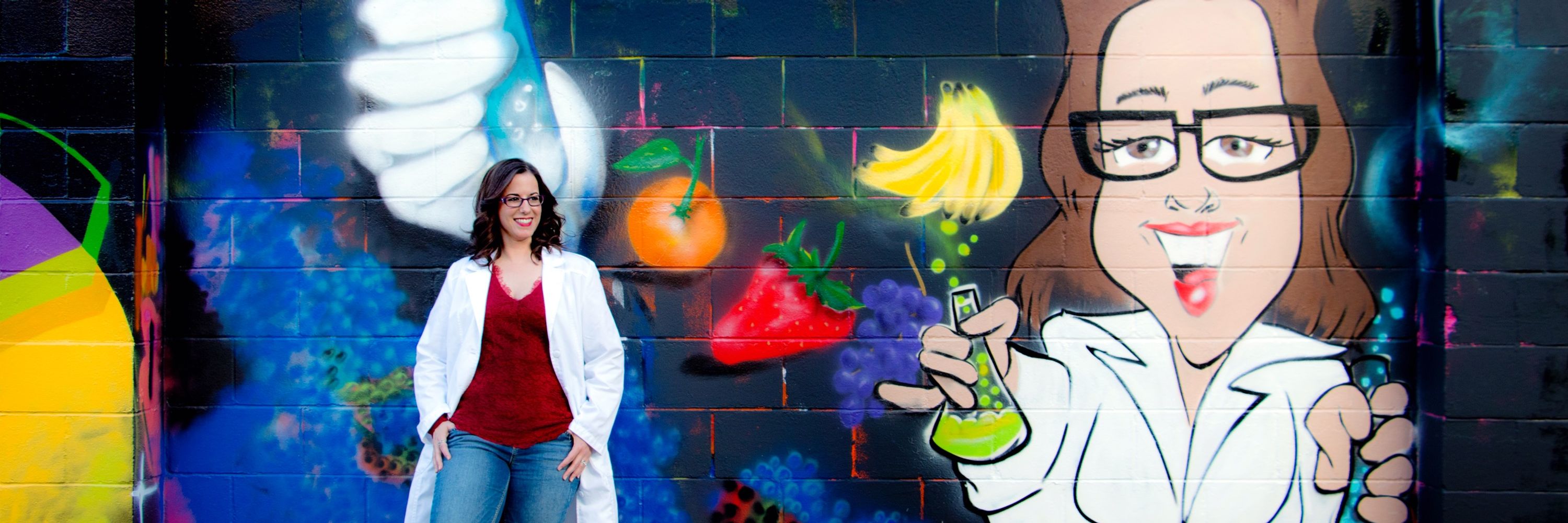
Karen D. Corbin, PhD RD
@geeksthatspeak.bsky.social
550 followers
840 following
130 posts
Human Nutrition and Metabolism Scientist; Focused on the Gut-Liver Axis💩;Founder and Chief Geek- Geeks That Speak; NIH-Funded Investigator; 🇵🇷
Posts
Media
Videos
Starter Packs
Pinned
Reposted by Karen D. Corbin, PhD RD
Reposted by Karen D. Corbin, PhD RD
Looking to improve your gut microbiome? Experts say the best things to do are:
🍽️ Limiting your intake of ultra-processed foods.
🍽️ Eating fiber-rich foods.
🍽️ Limiting your intake of ultra-processed foods.
🍽️ Eating fiber-rich foods.

What a gut microbiome scientist wants you to eat every day
Focus on eating fiber-rich foods, especially those high in a special type of fiber called resistant starch.
www.washingtonpost.com
Reposted by Karen D. Corbin, PhD RD
Reposted by Karen D. Corbin, PhD RD
John Pearson
@jmxpearson.bsky.social
· Sep 7
Duke University, Cell Biology/Duke University Medical Center
Job #AJO30509, 24903 Tenure - Track Assistant Professor Position - AI/ML for Biology, Cell Biology/Duke University Medical Center, Duke University, Durham, North Carolina, US
academicjobsonline.org
Reposted by Karen D. Corbin, PhD RD
Reposted by Karen D. Corbin, PhD RD
Colette Delawalla
@cdelawalla.bsky.social
· Aug 23
For some scientists fighting partisan attacks, the goal is to defend their work from political interference. But in retaliating, @katherinejwu.com reports, they also run the risk of advancing the narrative that they want to fight.

Scientists Are Caught in a Political Trap
Fighting back against the Trump administration means they start to look more like activists.
bit.ly
Reposted by Karen D. Corbin, PhD RD
Reposted by Karen D. Corbin, PhD RD
Sean Gibbons 🦠💩
@gibbological.bsky.social
· Jul 31
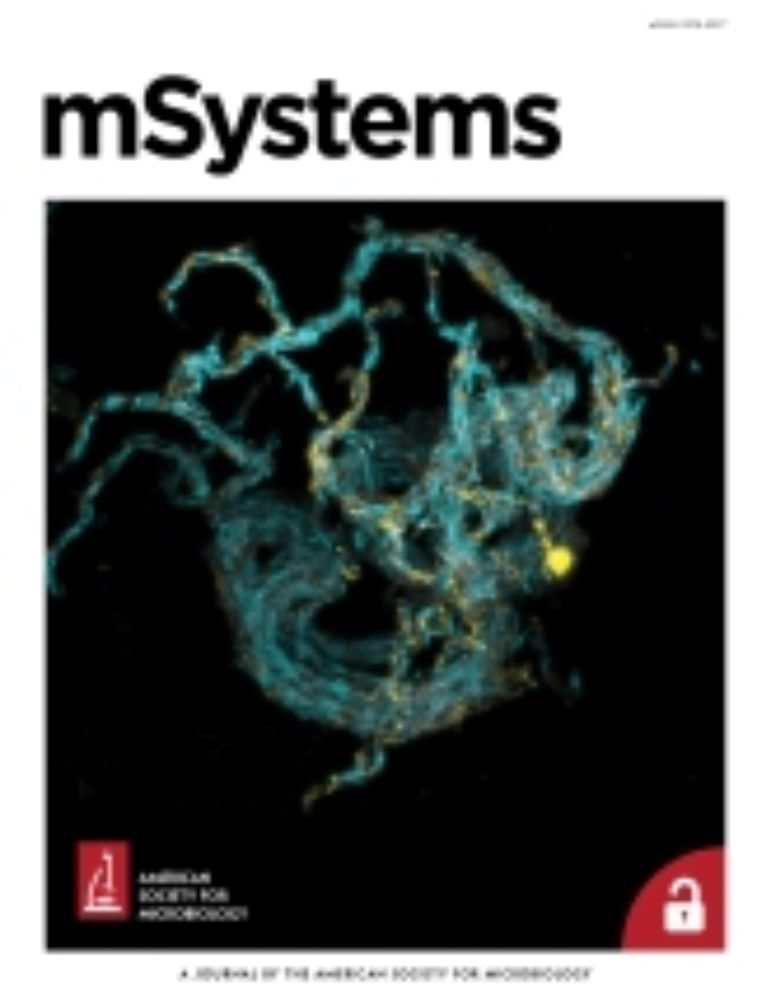
Metagenomic estimation of absolute bacterial biomass in the mammalian gut through host-derived read normalization | mSystems
In this study, we asked whether normalization by host reads alone was sufficient to
estimate absolute bacterial biomass directly from stool metagenomic data, without
the need for synthetic spike-ins, ...
journals.asm.org
Reposted by Karen D. Corbin, PhD RD
Amino acid competition shapes A. baumannii gut carriage
Acinetobacter baumannii uses ornithine to compete w/ microbiota & persist in gut. Amino acid supplementation & differences in diet promote A. baumannii gut colonization in mice & humans
@laurenpalmer.bsky.social
www.cell.com/cell-host-mi...
Acinetobacter baumannii uses ornithine to compete w/ microbiota & persist in gut. Amino acid supplementation & differences in diet promote A. baumannii gut colonization in mice & humans
@laurenpalmer.bsky.social
www.cell.com/cell-host-mi...
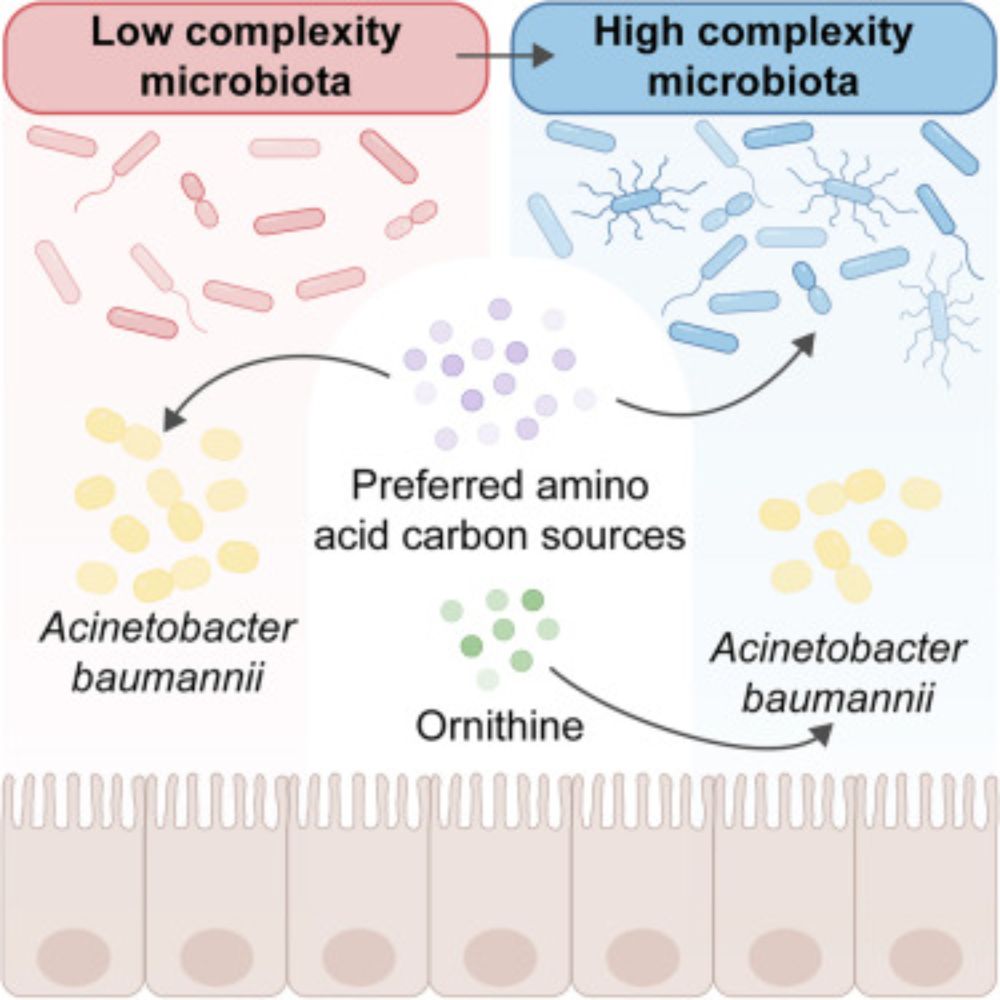
Amino acid competition shapes Acinetobacter baumannii gut carriage
Ren and Clark et al. show that Acinetobacter baumannii uses ornithine to compete with
the resident microbiota and persist in the gut. Additional evidence demonstrates that
amino acid supplementation a...
www.cell.com
Reposted by Karen D. Corbin, PhD RD
Reposted by Karen D. Corbin, PhD RD
Reposted by Karen D. Corbin, PhD RD
Reposted by Karen D. Corbin, PhD RD










